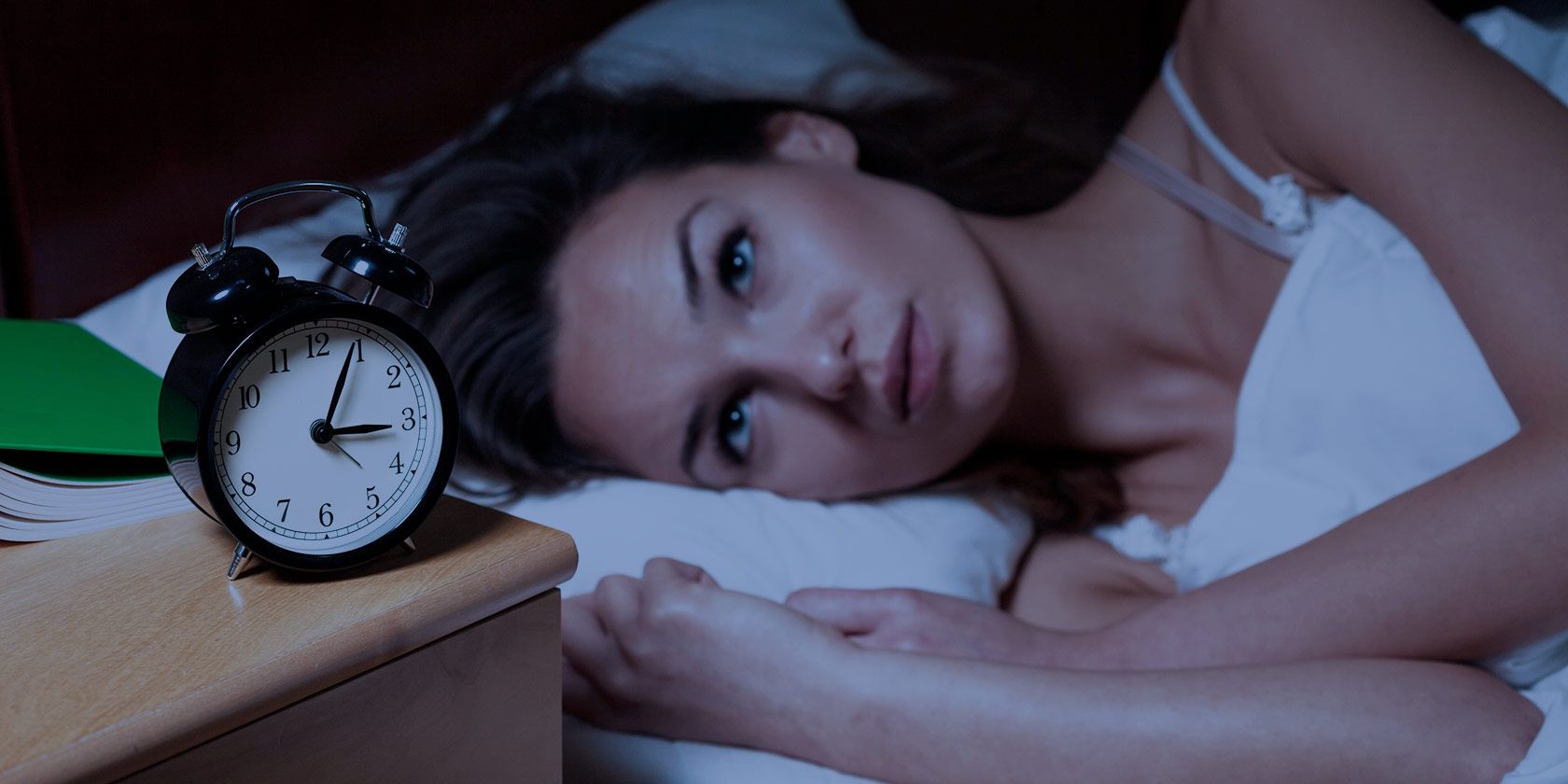Are you someone who hates the thought of seeing the sun rise? Maybe you're better off knocking out two hours of study even after a late-night party? Is this just who you are or do you have a say in the matter?
It turns out that your sleep habits may be out of your control. A few specific biological factors, including genetics, are responsible for the amount of sleep you need and the times of day when you feel most tired or alert.
Scientists call this internal clock the chronotype, and this genetic biological clock is responsible for not only when you wake up or go to sleep, but also personal traits like socializing and physical intimacy.
You can use your own specific chronotype to tweak your sleep health and productivity, such as by using it to stay productive around your peak hours. This science-backed test can help you find out more about your own circadian rhythm.
Take the Munich Chronotype Questionnaire
There are many sleep-related quizzes you can find on the web, but the Munich Chronotype Questionnaire [No Longer Available] is backed by rigorous scientific research.
The survey asks you questions on your sleep and waking up behavior. Answer according to your routine across a standard week as the questions have been designed for those with conventional work schedules. The questionnaire should take you only a few minutes to complete.
The Munich ChronoType Questionnaire (MCTQ) was developed by Till Roenneberg and Martha Merrow and has been in use since 2000. Finish the questionnaire and get an analysis of your own chronotype by email. The email will also allow the scientists to contact you if you have an interesting chronotype.
Work With Your Body Clock
Sleep patterns and their effect on our lives has been explained in the book Internal Time: Chronotypes, Social Jet Lag, and Why You're So Tired. Chronobiologist and author Till Roenneberg uses examples from everyday life to demonstrate the role of the body clock. For instance, why morning classes are so unpopular and how bad work schedules sabotage our daily functioning.
Once you understand how your body has been programmed to work best on certain hours, you can re-program it with new habits that help to sync your body clock with the environment, or just get the best sleep you possibly can. But the test is a definite first step.
Are you a morning person or a night owl? Are you fighting your nature to become an early riser?
Image Credit: Photographee.eu via Shutterstock



